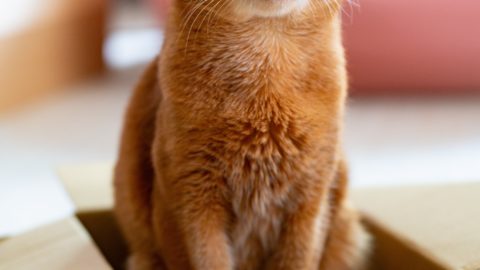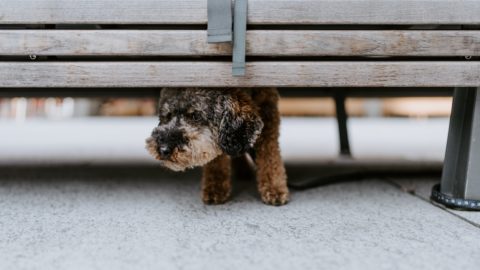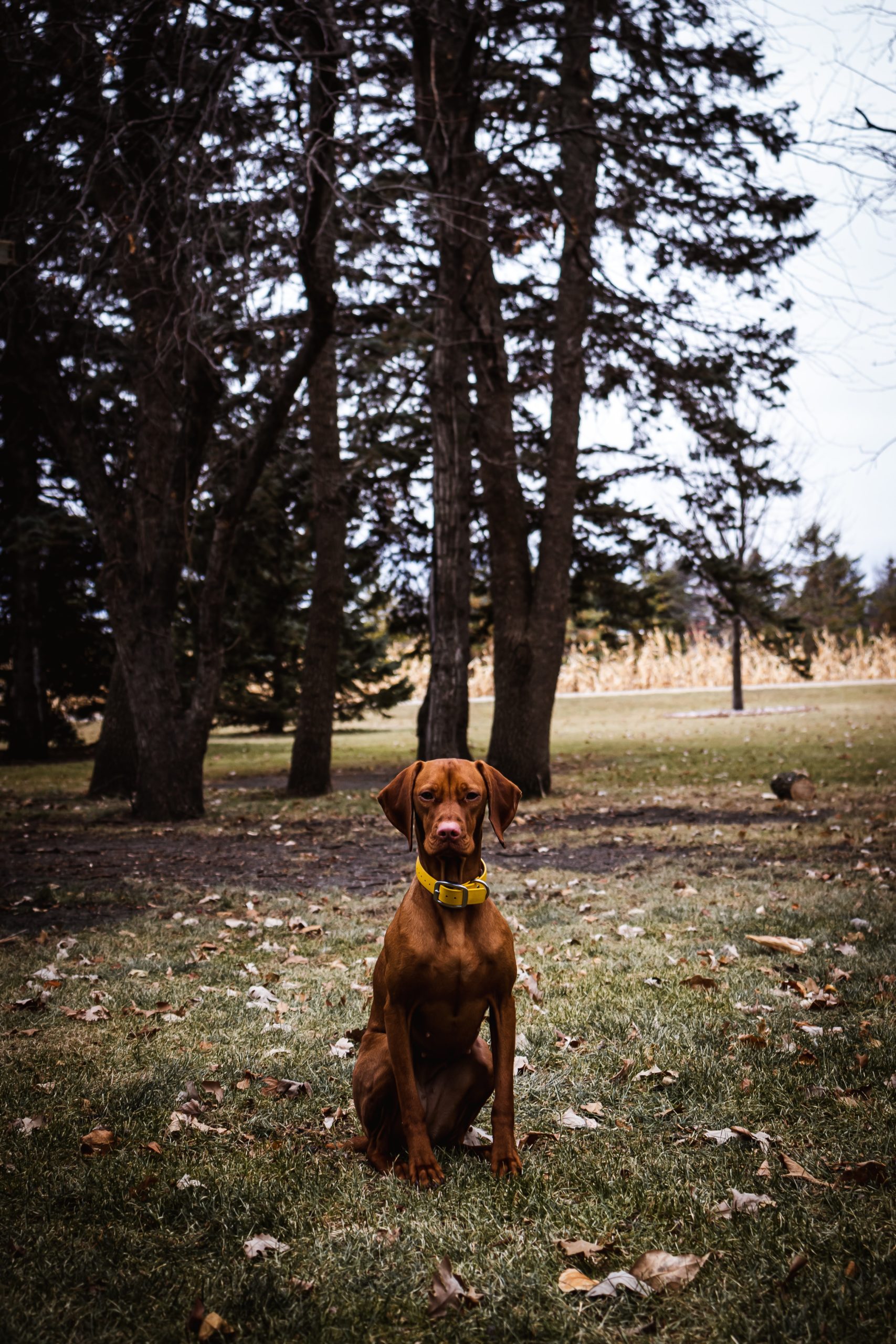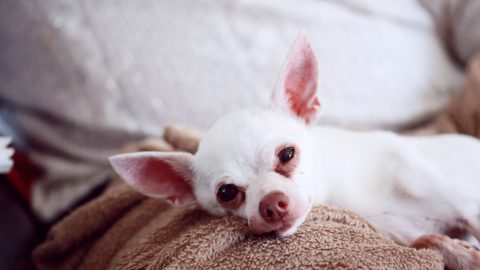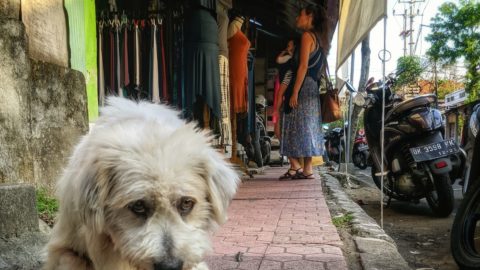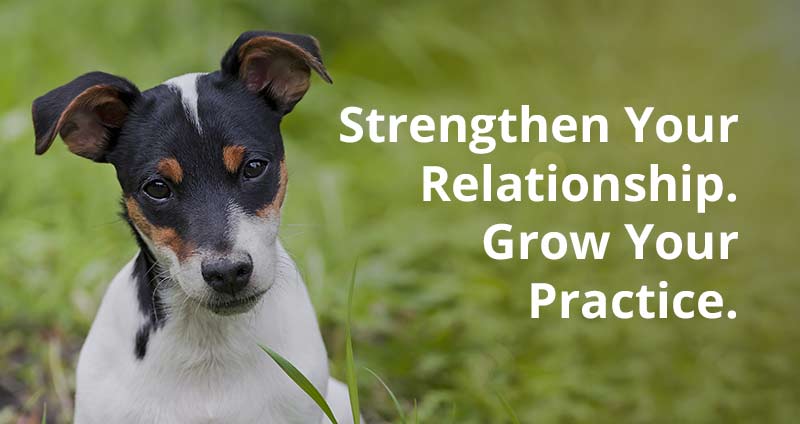Housetraining a new puppy can be a real struggle for many families. This process involves much careful observation, consistent rewarding (reinforcement) of good behavior, and avoidance of accidents.
Here are three important steps to successful housetraining:
First, be sure to reward all successful urinations and defecations outside of the house. This reward must be immediate to be effective. Therefore, do not give your puppy a treat after he has come back into the kitchen after urinating outside. If you provide a treat from the cookie jar after your puppy follows you back inside, you are rewarding him for following you into the kitchen, not the outdoor urination. So keep treats or a toy with you when you take your pup outside. Provide the treat or begin playing with the toy as soon as your pup finishes urinating.
Second, avoid punishing any accidents in the beginning. Many puppies learn to sneak off to pee inside the house because they have learned that getting caught results in punishment. Rather than reducing their accidents, this often teaches the puppy to hide somewhere to urinate, and makes further housetraining much trickier. Always begin with lots of immediate reinforcement (treats, praise, petting, and play) for outside successes first!
Third, be sure to keep your pup with you whenever he is in the house. Keep him in the room with you so that accidents can be interrupted and he can be taken outside immediately to finish.
Hint: A crate is extremely helpful when housetraining a puppy. If you teach them to enjoy their crate time, most puppies are happy to sleep or spend time in their crate when unsupervised. The smaller space of a crate (or other enclosed area) takes advantage of the canine “denning instinct.” This instinct, which dogs acquired from their non-domesticated ancestors, encourages dogs to urinate and defecate away from their eating and sleeping area as they begin to develop. Most dogs will avoid urinating and defecating in a crate (if they are kept there for short periods), and this allows family members to have some free time from observing their pups. Then, when the puppy is outside of his crate, be sure you know where he is, so that you can catch accidents in the act.
Above all, it is essential to avoid punishing an accident you find some time later. In previous decades, it was a popular practice to take the dog to the accident and reprimand him, while sometimes even shoving his nose in it! This practice is no longer considered safe or effective for housetraining and should be avoided. Puppies and adult dogs learn from immediate consequences and are unable to connect their own behavior to punishment delivered hours or even minutes after.

